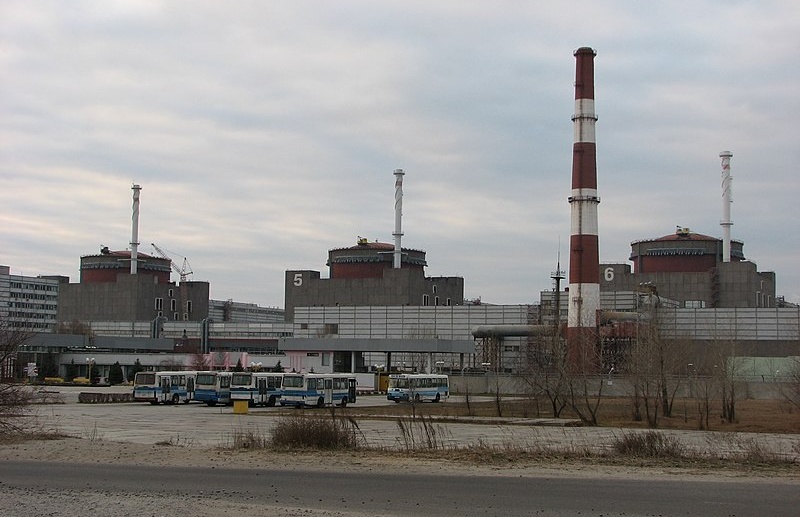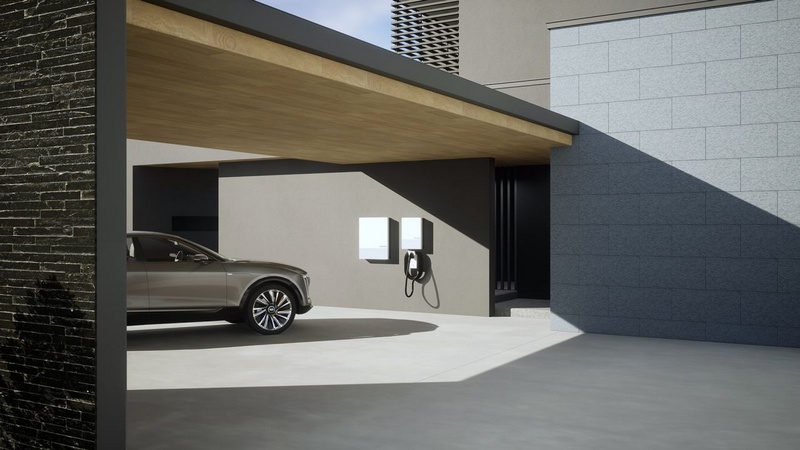October 12 NEC Energy News
¶ “Zaporizhzhia Nuclear Power Plant Loses External Power” • Ukraine’s Zaporizhzhia nuclear power plant lost all external power and was running on diesel generators, the International Atomic Energy Agency watchdog said. Ukraine accused Russia of preventing fuel shipments from reaching the site. They are needed to provide power to cool the plant. [UPI]

GNU Free Documentation License 1.2, cropped)
¶ “NASA Solid-State Battery Is Lighter And More Powerful” • Researchers at NASA are chasing a dream – advanced solid-state batteries that can power electric aircraft. Battery performance is a key aspect in the development of more sustainable electric aircraft, whose batteries must store huge amounts of energy while being extremely light. [CleanTechnica]
¶ “New Zealand Wants To Tax Farmers For Their Cows’ Burps And Farts” • Prime Minister Jacinda Arden confirmed that her government will push ahead with a proposal to make farmers pay for their livestock’s emissions in a bid to combat climate change. New Zealand is a major livestock and meat exporter, and has around 10 million cattle. [CNN]
¶ “GM Is Starting An Energy Storage Subsidiary To Take On The Tesla Powerwall” • General Motors is starting an energy storage business using its Ultium battery packs to power homes and charge cars as well as to feed power back into the grid when needed. GM Energy divisions will be of Ultium Home, Ultium Commercial and Ultium Charge 360. [CNN]

¶ “Greenland’s Culture Shifts As Arctic Heats Up” • Communities in northern Greenland have lived in one of the world’s toughest environments for centuries. But temperatures have risen faster in the Arctic region than elsewhere on earth, and the impact of climate change is being felt on the local way of life. In the past, they used dogs to pull sleds, but not now. [BBC]
¶ “World Must Triple Investment In Renewable Energy By 2050: UN Report” • Global investments in renewable energy need to triple by 2050 to put the world on the trajectory toward net-zero emissions, a report by the World Meteorological Organization says. The supply of electricity from clean energy sources must double within eight years. [CGTN]
For more news, please visit geoharvey – Daily News about Energy and Climate Change.
